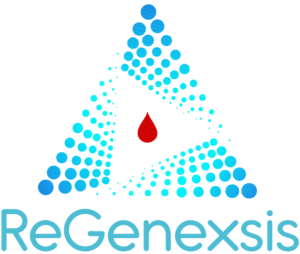Stem Cells and
Neurological Conditions
Neurological conditions, including brain and spinal injuries or degenerative diseases, present significant challenges for patients and their families.
Stem Cells and
Neurological Conditions
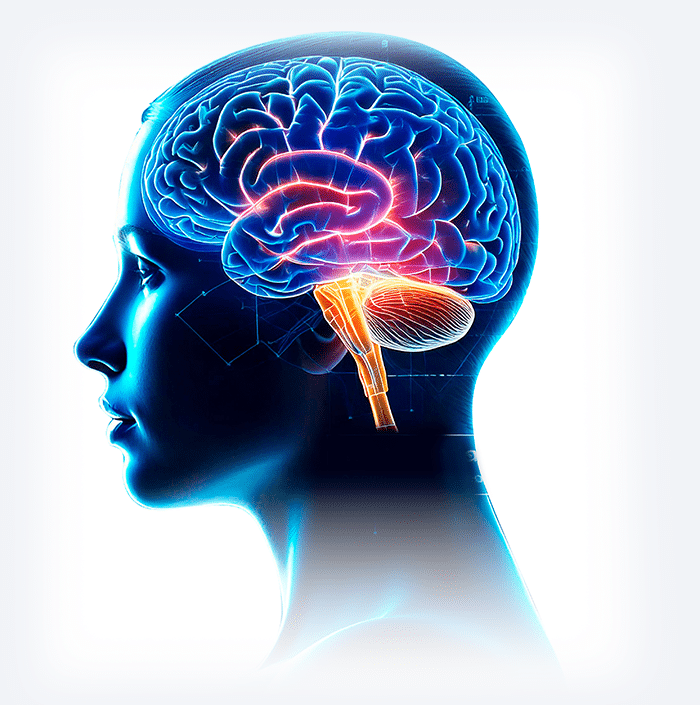
Neurological conditions, including brain and spinal injuries or degenerative diseases, present significant challenges for patients and their families.
Symptoms such as memory loss, weakness, sensory issues, mobility difficulties, vision problems, slurred speech, and cognitive decline can severely affect quality of life.

Conventional treatments like surgery and medication are often limited in their effectiveness, sometimes carrying risks or side effects that complicate recovery.
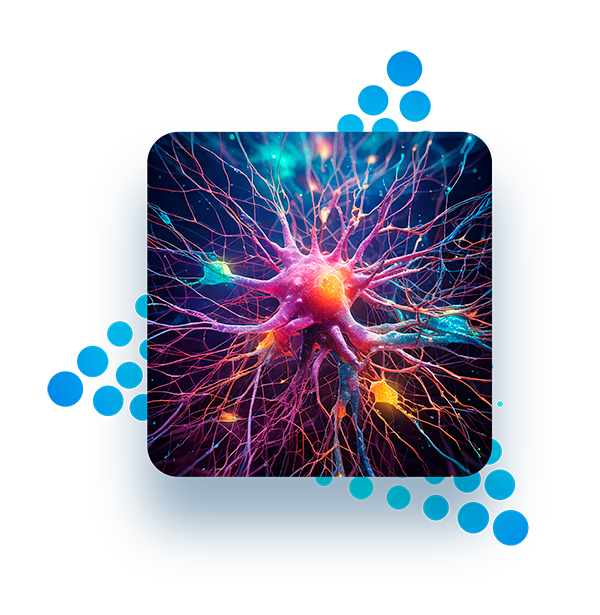
How Stem Cells Help Neurological Degeneration Stem cell therapy offers a groundbreaking approach to addressing neurological degeneration by focusing on regeneration rather than symptom management.
This innovative treatment has shown promise in repairing or replacing damaged cells in the nervous system, potentially reversing some effects of injury or disease. Stem cells have the unique ability to transform into specialized cells like neurons, providing an opportunity to rebuild damaged tissue.
Neurological Degeneration and Related Disorders
Neurological degeneration encompasses a broad spectrum of conditions, including:

Parkinson's Disease

Alzheimer's Disease

Epilepsy

Migraines

Stroke

Spinal Cord Injuries
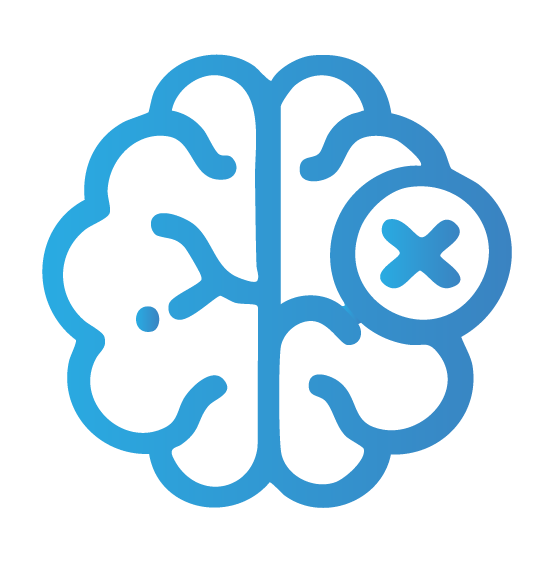
Brain Injuries such as traumatic brain injury (TBI) and chronic traumatic encephalopathy (CTE)
The Potential of Regenerative Therapy In diseases and injuries once considered untreatable, stem cell therapy is reshaping the landscape. While ongoing research is needed to fully understand its potential, early results indicate it may slow progression, restore function, or even regenerate lost abilities
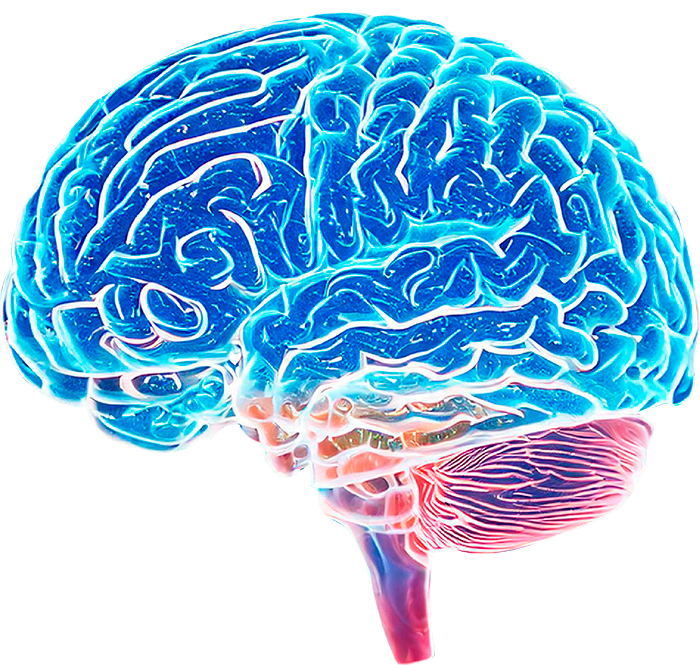
Stem cell therapy provides hope for patients facing the challenges of neurological degeneration, offering a new pathway toward improved outcomes and quality of life.
